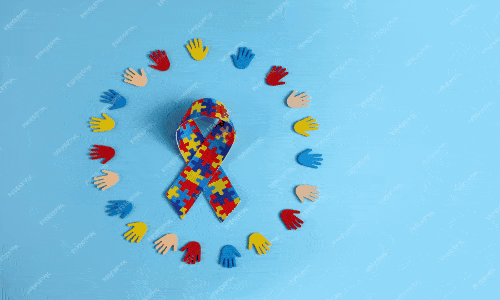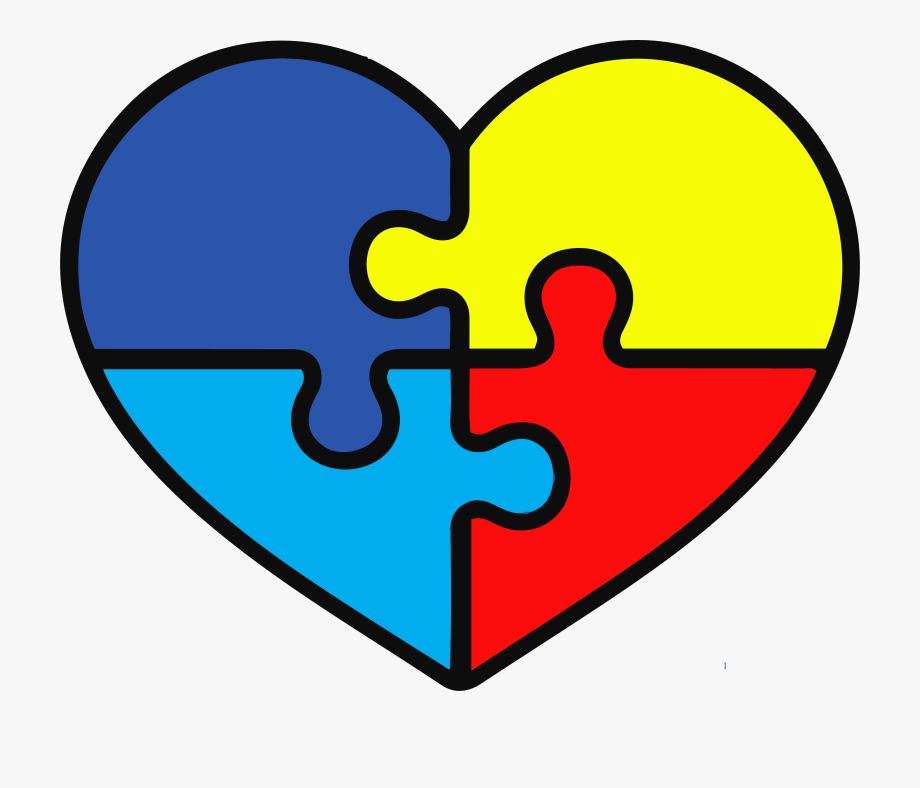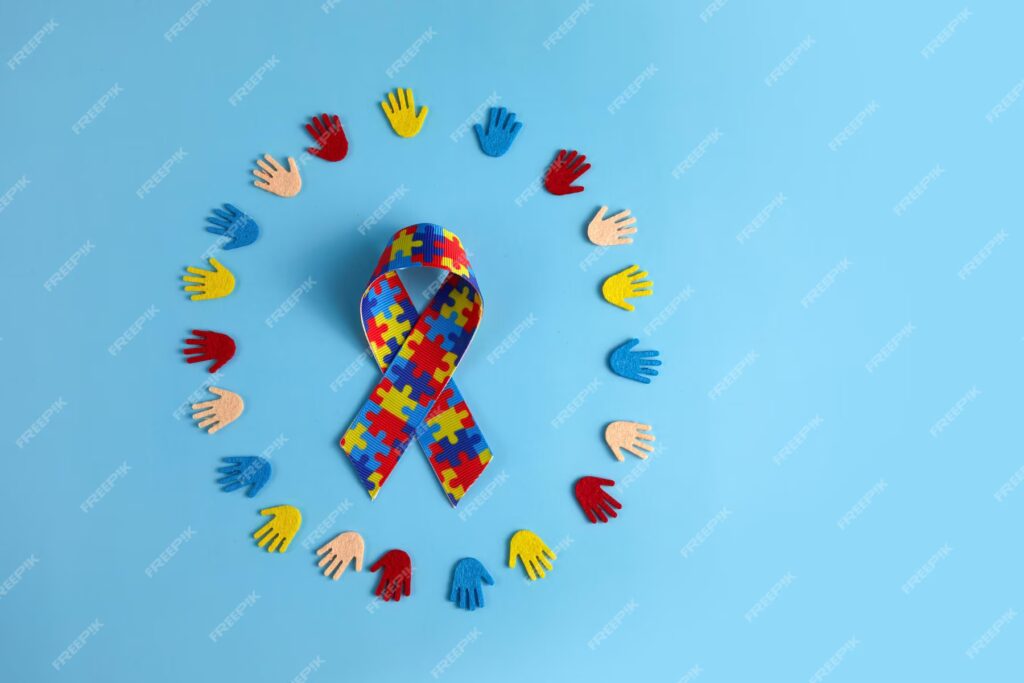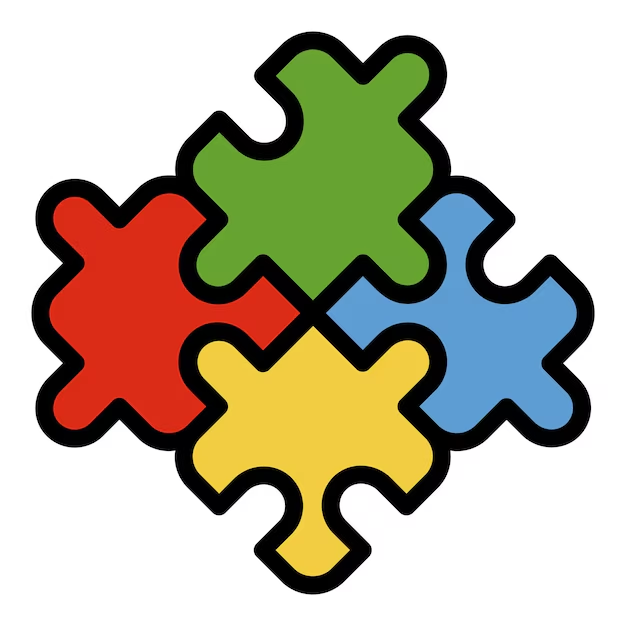Advertisements
Respecting autism goes far beyond a simple act of empathy. It is a collective commitment to building a society where everyone, regardless of their particularities, has space to live, learn and express themselves fully.
Advertisements

Autism spectrum disorder (ASD) affects millions of people around the world, each with their own experiences and needs, and it is essential to understand how to promote inclusion in a practical and respectful way. 🌍
This content seeks to explore the pillars of inclusion, highlighting the importance of the rights of autistic people and how small actions can transform realities.
From access to inclusive education to raising awareness about biases and barriers, each topic addressed aims to inspire concrete changes in behavior and social policies. 💡
Advertisements
Furthermore, the importance of cultivating empathy in everyday life will be emphasized. This includes respecting singularities, adapting environments and building more welcoming bonds.
With information and sensitivity, it is possible to promote harmonious coexistence that values diversity and contributes to a more inclusive future for all. ❤️

Understanding Autism: What Does It Mean to Be Neurodivergent?
Autism, or Autism Spectrum Disorder (ASD), is not a disease, but a neurological condition that affects the way a person perceives the world and interacts with it. This difference can influence communication, social interactions, and even the interests of those on the spectrum. But, between us, this is not something that should be treated with prejudice, right? On the contrary, it is an opportunity for us to learn about human diversity 🌍.
The idea of “neurodivergence” is increasingly gaining traction in conversations about inclusion. Neurodivergent people, like those on the autism spectrum, simply have brains that work differently. And this difference is not a flaw, but part of the incredible diversity that makes humanity so special.
Main Characteristics of ASD
Autism is a spectrum, which means that characteristics can vary greatly from person to person. But here are some common traits:
- Communication: Some people may have difficulty expressing thoughts or interpreting social cues, such as facial expressions or tone of voice.
- Restricted Interests: It is common for autistic people to delve into specific interests, becoming true experts in what they love.
- Sensory Sensitivity: Bright lights, loud sounds, or specific textures can be bothersome for some people on the spectrum.
These characteristics should not be seen as something negative, but rather as a unique way of existing in the world. It is important to remember that every autistic person is unique, with their own strengths and challenges. Respecting these differences is the first step towards building a more inclusive society. 🫂
Why Does Inclusion Matter So Much? 🌈
If there’s one thing we need to remember, it’s that inclusion isn’t about “doing someone a favor.” Inclusion is a right. A society that strives to include people with autism is a society that recognizes the value of diversity. And let’s face it, diversity is what makes the world fun, right?
Impact of Exclusion
Unfortunately, exclusion is still a reality for many autistic people. This can happen in many different contexts, such as at school, at work, or in everyday situations. And the consequences are not small:
- Social isolation: When they don't find welcoming spaces, many people end up isolating themselves, which can lead to feelings of loneliness.
- Lack of opportunities: Social and structural barriers limit access to education, the job market and even cultural or sporting activities.
- Prejudice: Lack of information and understanding creates stigmas that can be extremely harmful.
Now, think about it: what do we lose as a society by excluding talented, creative and unique people just because they see the world differently? It doesn't make sense, does it? 🧐

Building Inclusive Spaces
To change this scenario, it is essential to create spaces where people with autism feel welcomed and respected. This includes:
- Accessibility: Simple adaptations, such as sensory-friendly environments, can make a huge difference.
- Education: Teachers and peers who are knowledgeable about autism help build a more inclusive school environment.
- Empathy: Small gestures of understanding and respect in everyday life can transform lives.
These actions not only benefit autistic people, but also make society more humane and welcoming for everyone. 🌟
Rights of Autistic People: What You Need to Know 🧐
To ensure true inclusion, it is essential that the rights of people with autism are respected. And, look, these rights are not privileges, you see? They are guaranteed by laws and international agreements that aim to protect and promote equality.

Rights Guaranteed by Law
In Brazil, Law 12.764, also known as the Berenice Piana Law, establishes important rights for people with autism. Here are some of them:
- Health: Right to early diagnosis and access to specialized treatments through the SUS.
- Education: Right to an inclusive education, with necessary adaptations to meet specific needs.
- Work: Guaranteed opportunities in the job market, with an adapted environment free from prejudice.
Furthermore, the UN Convention on the Rights of Persons with Disabilities reinforces the importance of inclusion and combating discrimination. In other words, we are talking about universal and non-negotiable rights. 💪
How to Demand and Defend These Rights?
Unfortunately, the rights of people with autism are not always respected in practice. Therefore, it is essential that family members, friends and society in general know how to act:
- Report cases of discrimination or exclusion to the competent bodies.
- Search for information on local legislation and support services.
- Promote awareness to combat prejudice.
Defending these rights is not only a legal responsibility, but also an act of empathy and citizenship. After all, everyone deserves to live in a world where their particularities are respected. 💙
Empathy in Action: Small Actions that Make a Difference
Did you know that small, everyday actions can transform the life experience of someone with autism? That's right! Empathy isn't just about understanding others, but about taking action to make the world a better place for everyone. And, seriously, it doesn't take much to get started. Let's get started!
How to Be More Empathetic in Everyday Life?
Empathy is a skill that we can practice. Here are some tips you can put into practice right now:
- Listen without judging: Sometimes, the simple act of listening carefully already shows respect and acceptance.
- Avoid stereotypes: Every autistic person is unique, so don't generalize or assume things about someone.
- Offer help: Asking “Can I help you?” in difficult situations can be a valuable gesture.
- Get informed: The more you learn about autism, the better prepared you will be to act inclusively.
Celebrating Diversity 🥳
Finally, remember: diversity is something to be celebrated. Meeting and interacting with people who are different from you is an enriching experience that broadens your horizons and makes you a better person and a society.
So, how about taking the first step today? A more inclusive world starts with each one of us. ❤️
Conclusion
Concluding the discussion on the topic “Respecting Autism: Inclusion, Rights and Empathy” leads us to reflect on the importance of building a more just and welcoming society for everyone. 🌟 Promoting the inclusion of autistic people is not only a matter of rights, but also of humanity and empathy. When we recognize and value the uniqueness of each individual, we are strengthening social bonds and contributing to a more diverse and harmonious world. 🤝
Furthermore, guaranteeing the rights of people with autism is essential so that they can live with dignity, autonomy and respect. Whether at school, at work or in public spaces, everyone has a duty to foster respectful and inclusive coexistence. Small actions, such as educating yourself about autism and fighting prejudice, can generate big changes. 🧠💙
Finally, let us remember that empathy is the first step towards true transformation. By putting ourselves in someone else’s shoes, we increase our ability to understand and support. Let us continue to work together to promote respect, equality and inclusion at all levels of society. 🌍💞 Together, we can make a difference and build a more welcoming future for everyone. ✨

